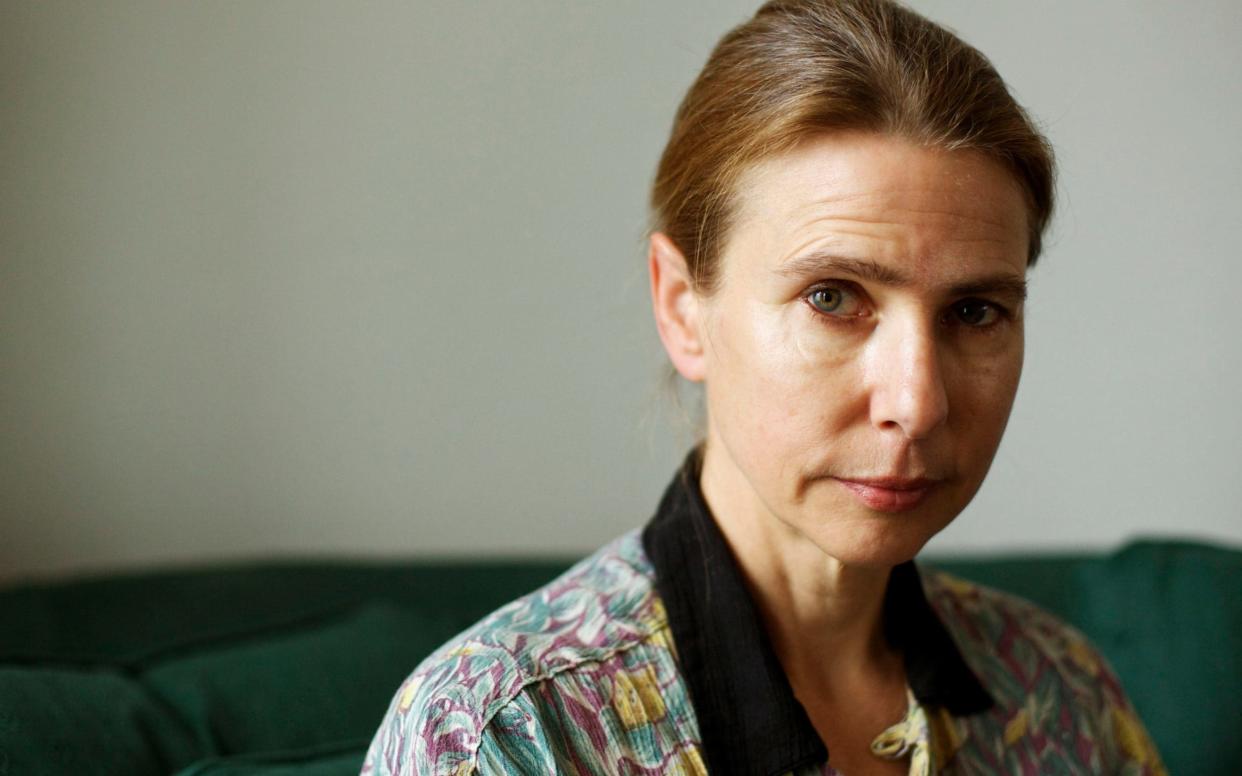Lionel Shriver: 'By erasing artists' work, MeToo has gone too far'

We Need To Talk About Kevin author Lionel Shriver has said that making pariahs of acclaimed Hollywood actors and directors is not always in the public’s interest. In fact, Shriver believes this negatively affects the consumer by preventing them from enjoying films and television worthy of their time.
Whether it be through studios recasting artists’ future roles or deleting their back catalogues of work, the likes of Kevin Spacey, who has been dropped from House of Cards, Louis CK, whose Stand Up Special was scrapped by Netflix, and Ed Westwick, who was recast in the BBC'S Agatha Christie drama Ordeal by Innocence, have had their professional pasts and futures "erased", writes Shriver in a recent essay for Harper's.
She writes:
Back in the day when your mother spotting your name in the newspaper was mortifying, sheer social embarrassment was punishment enough. But in the rush to judgment of the modern shaming mill, disgrace is no longer sufficient. In numerous instances during the #MeToo scandals, accusation has stood in for due process, and criminal offenses like rape (Cosby and Weinstein) and unwelcome advances have been thrown indiscriminately into the same basket. Thus the career consequences of violating the law and violating subjective norms of 'appropriateness' have too often been identical. Culprits are sentenced to cultural erasure.
The author, who defends her right to watch Rosemary's Baby despite the director Roman Polanski's conviction of statutory rape because "it's a good film", goes on to argue that art and the artist should be judged separately. "To remove any of Louis CK’s series from streaming platforms, you should have to demonstrate that Louie the program is abusive of women," she writes. HBO pulled all of Louis CK's work from its platform in November 2017. "Instead, the content of these banished products is clearly immaterial. The films, series, books, and paintings are tainted by association."
She then makes the point that putting an end to their work doesn't only affect the accused, but a whole host of people on the sidelines: "Shelving TV shows and films penalizes all the other actors, the director, writers, crew, and cameramen. Their work is also erased." It's also not up to the distributor to make the decision of boycotting an artist's work for us, continues Shriver, using Woody Allen as an example.

"Assume you actually buy into Dylan Farrow’s dodgy recollections of having been sexually assaulted by her father at seven, despite those allegations’ having been exhaustively investigated. Assume as well that you endorse the notion that exposure to the work of the less than pure of heart gives you cooties. Then you’re well within your rights to refuse to watch Woody Allen movies." But, Shriver writes, that right is no longer ours. "The distributor makes that decision for us. As if we need to be protected."
Shriver, who often finds herself in the eye of controversy as a result of her forthright Spectator columns, speaks from experience. Last June, she was dropped from the judging panel for a writing competition run by magazine Mslexia and accused of racism after she questioned Penguin Random House's diversity and inclusion policies.
In the essay, she writes of her concern for her own professional past and future: "Having weathered more than one social-media s--t storm, I’m one column away from the round of mob opprobrium that sinks my career for good... Yet what I most dread about this bleak scenario is my thirteen published titles suddenly becoming unavailable—both online (gosh, would piracy sites be morally fastidious, too?) and in shops."
Read Ed Cumming's June 2018 interview with Lionel Shriver here

